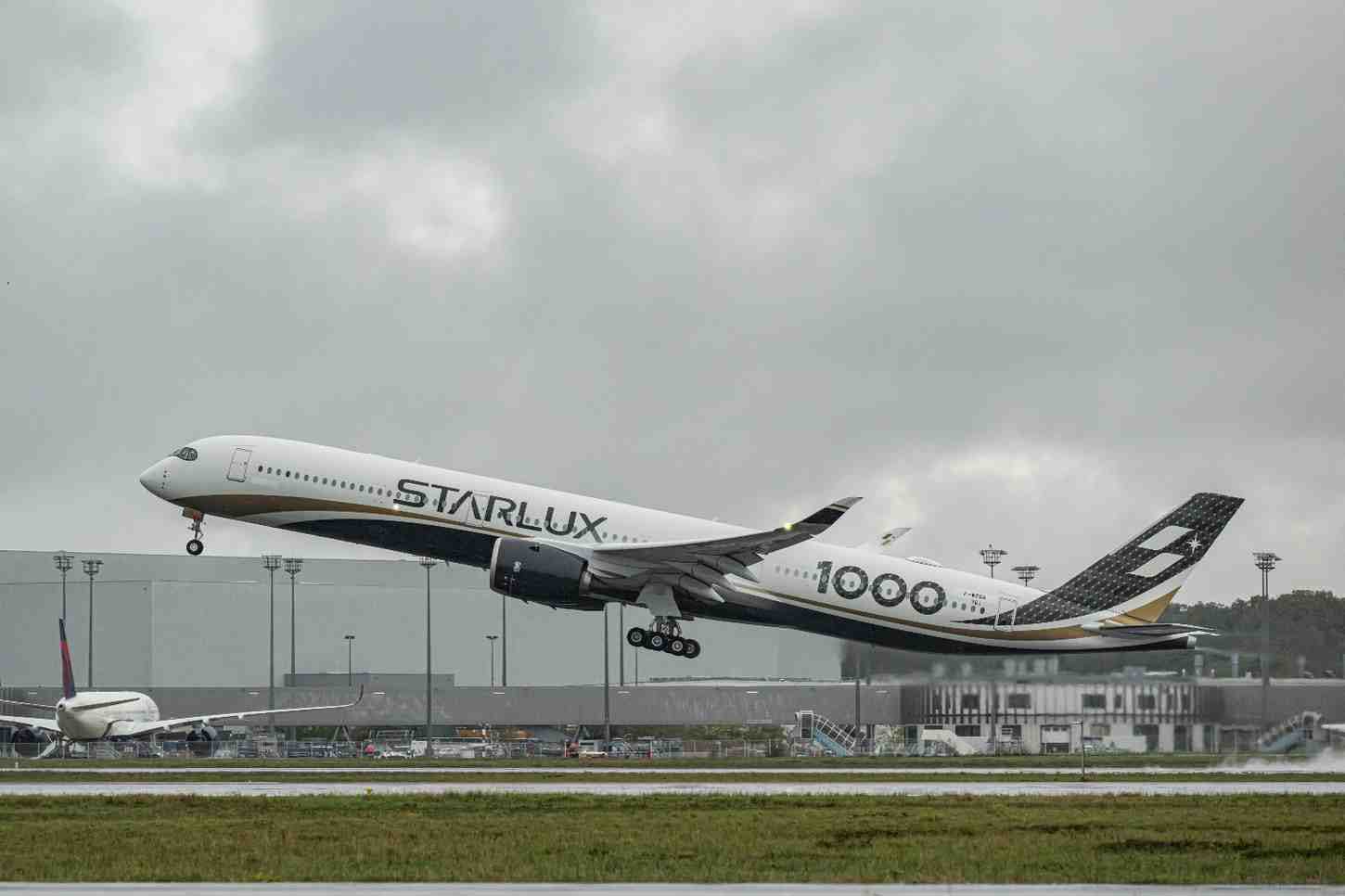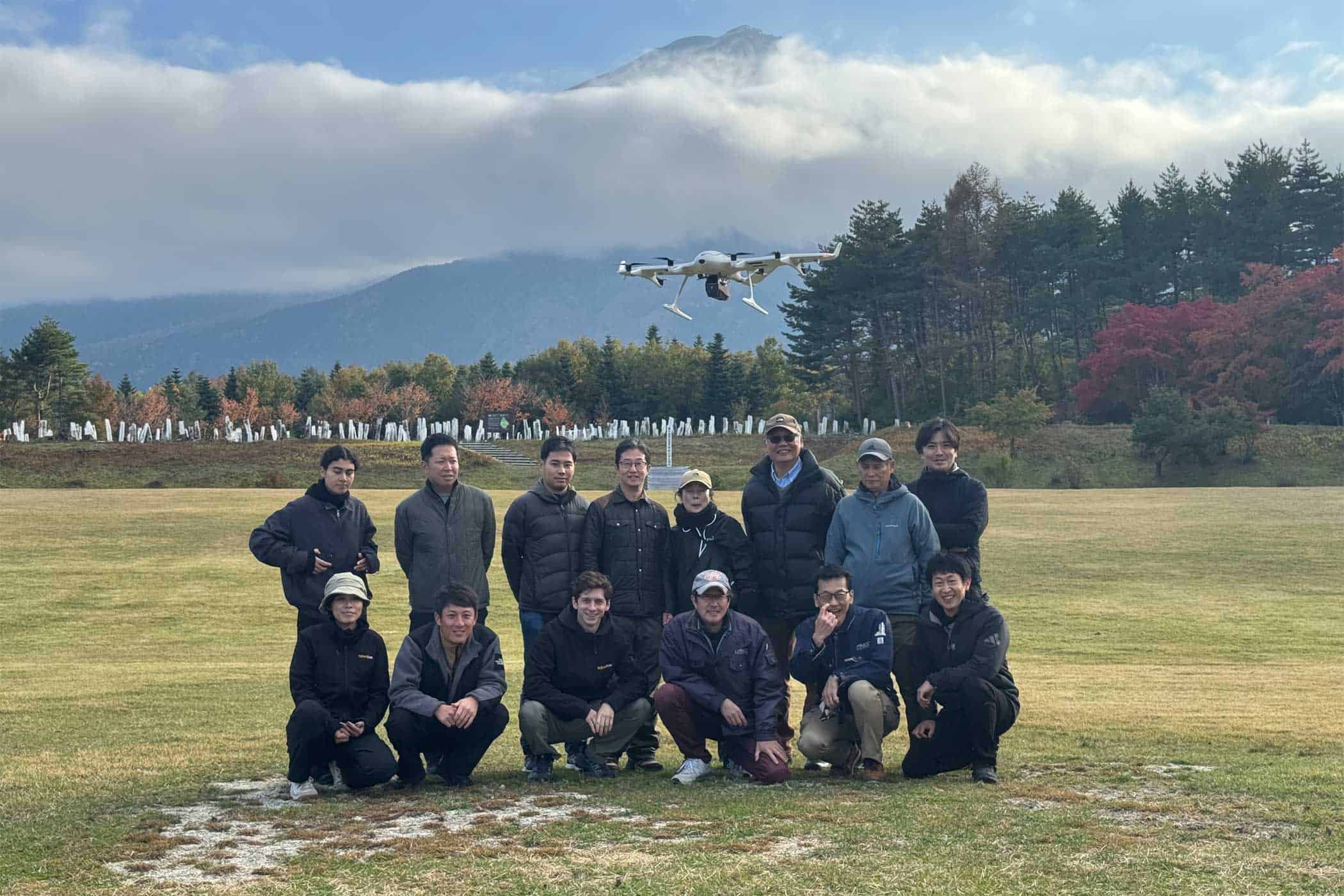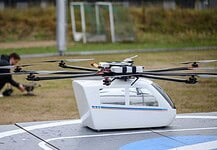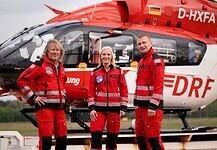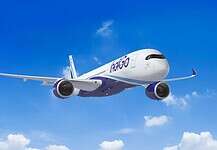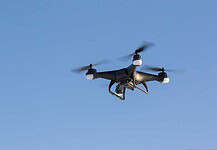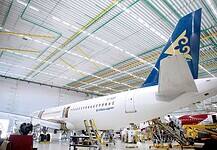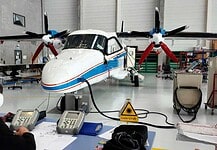The European Space Agency (ESA) and Thales Alenia Space have selected Airbus to construct the ExoMars landing platform, which will safely land the Rosalind Franklin rover on Mars. Scheduled for completion in 2030, the mission marks a significant advance in international space exploration efforts to find evidence of life on the Red Planet.
Airbus and Thales Alenia Space: International collaboration for Mars exploration
Airbus has been commissioned by the European Space Agency and Thales Alenia Space, the lead contractor for the ExoMars mission, to develop the technical systems for the lander. These systems are essential to ensure a safe landing of the Rosalind Franklin rover after entering the Martian atmosphere. Airbus will design the mechanical, thermal, and propulsion systems necessary for a safe Mars landing at its state-of-the-art cleanroom facility in Stevenage.
Rosalind Franklin: Unique sample analysis technology
The Rosalind Franklin rover will be the first of its kind to be able to analyze soil samples from up to two meters deep to search for traces of past or present life on Mars. This technological innovation demonstrates the high level of British space engineering and contributes to the study of the solar system. The project highlights the importance of international collaboration in science.
Economic and scientific impacts
UK Technology Minister Peter Kyle emphasizes the importance of the mission for British science and industry. The initiative will not only bring scientific advances but also be a significant source of highly skilled jobs and investment. By deploying cutting-edge technology, Airbus is helping to ensure the UK plays a central role in European space exploration.
Preparation for launch in 2028
Following the pandemic-related postponement of the mission, Airbus is working with TAS, ESA, and NASA to prepare launch conditions for 2028. This includes the integration of NASA-provided radioisotope heater units to maintain the rover’s heat and an autonomous mode designed to enable a smooth landing on Mars in 2030. The mission aims to ensure a safe landing during the planetary dust period on Mars.
Over the decades, Airbus has become a leading player in space technology, having designed and built more than 120 propulsion systems for over 90 spacecraft. The collaboration with ESA and NASA underscores Airbus’s expertise and commitment to playing a leading role in space exploration.



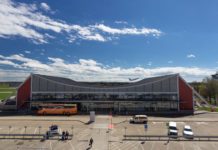



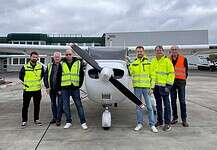



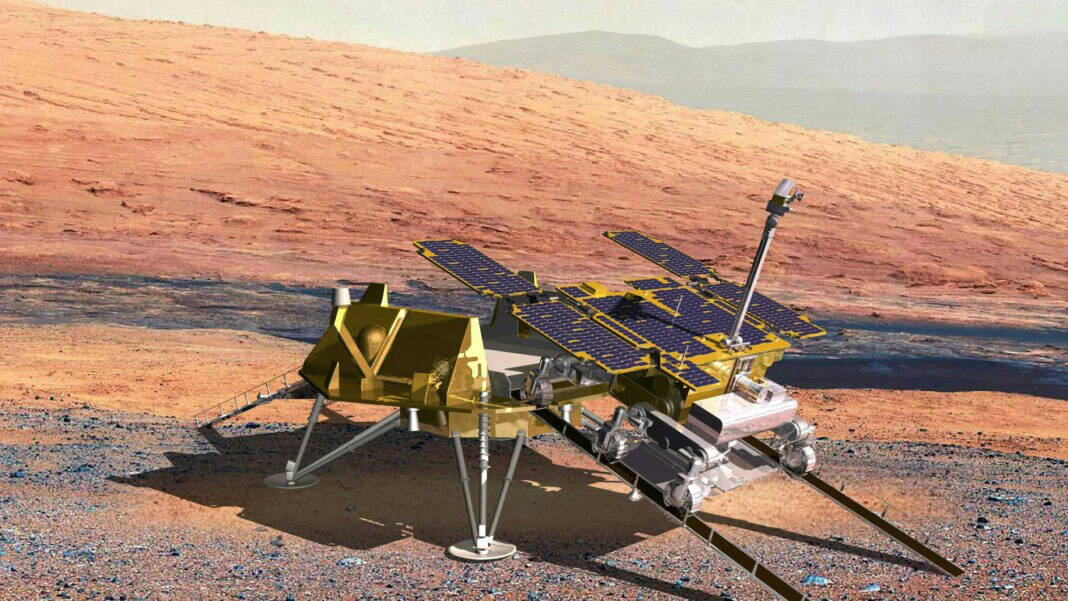
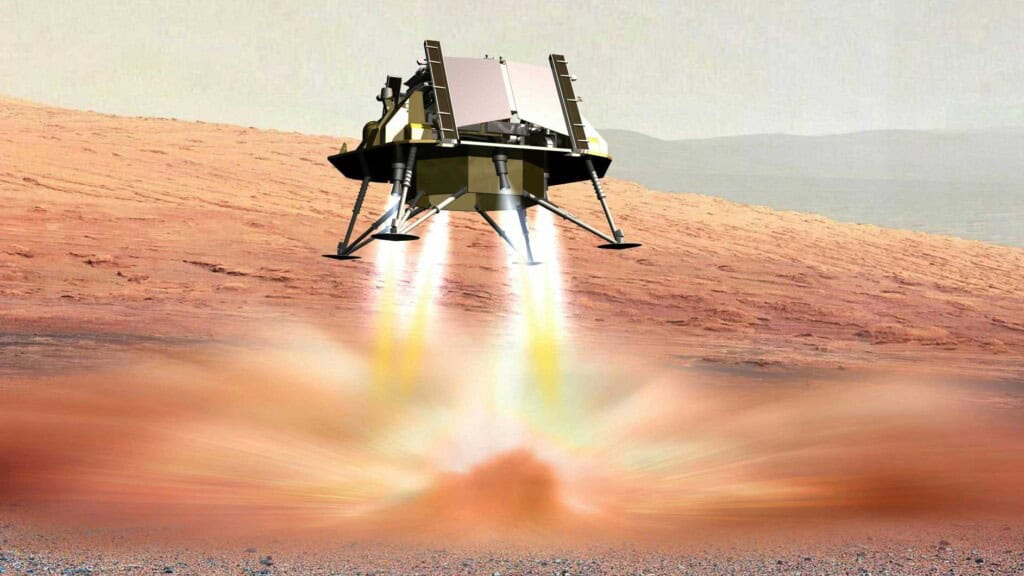
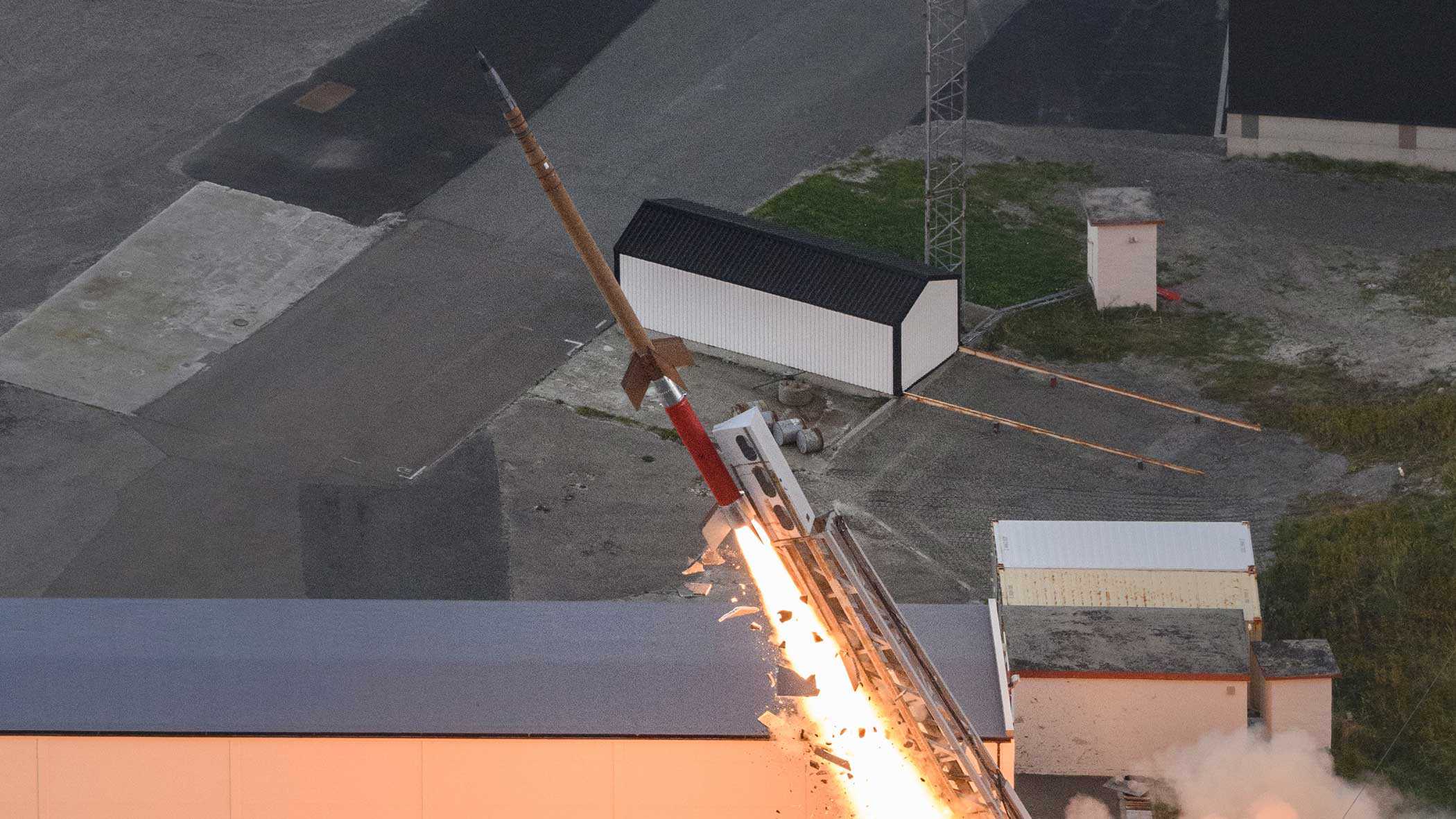 Wiederverwendbare Raumfahrzeuge: ATHEAt-Flugexperiment des DLR
Wiederverwendbare Raumfahrzeuge: ATHEAt-Flugexperiment des DLR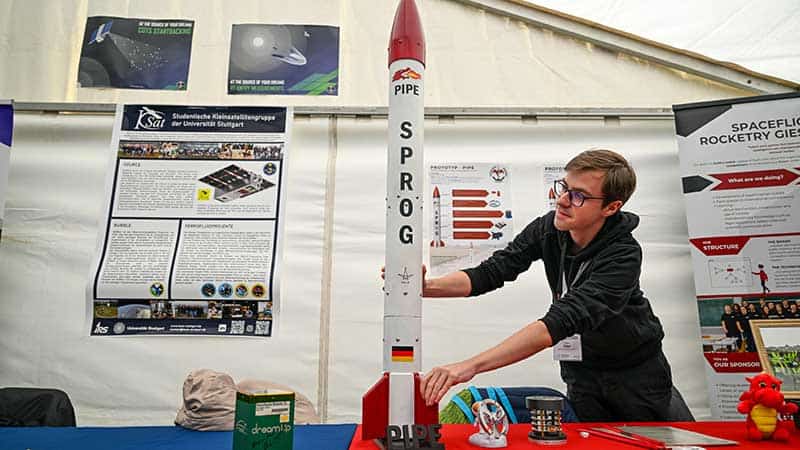 Wacken Open Air: Interstellarer Treffpunkt für Raumfahrtbegeisterte
Wacken Open Air: Interstellarer Treffpunkt für Raumfahrtbegeisterte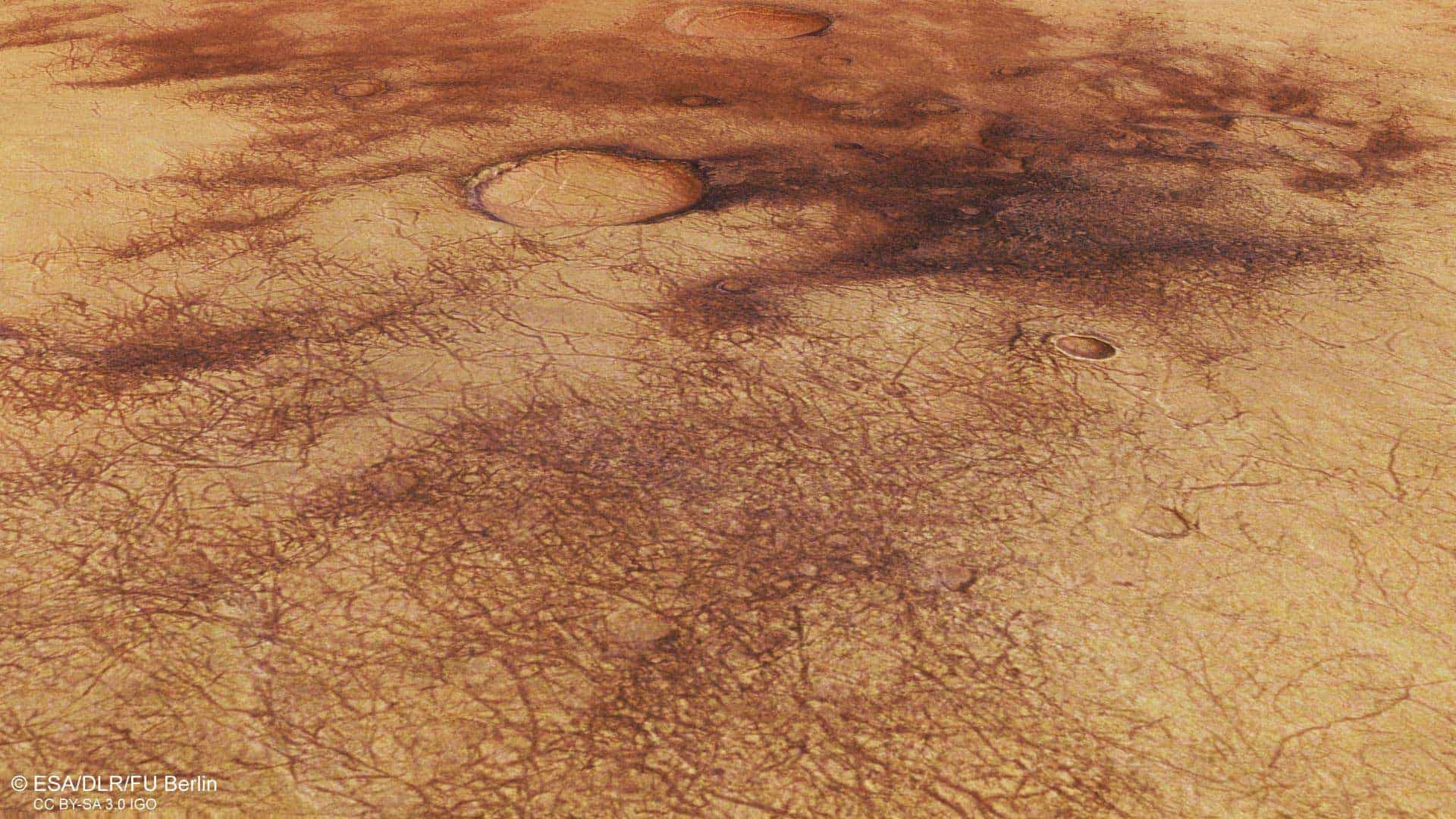 Starke Marswinde und Staubteufel: Einblicke dank Deep Learning und Kameratechnik
Starke Marswinde und Staubteufel: Einblicke dank Deep Learning und Kameratechnik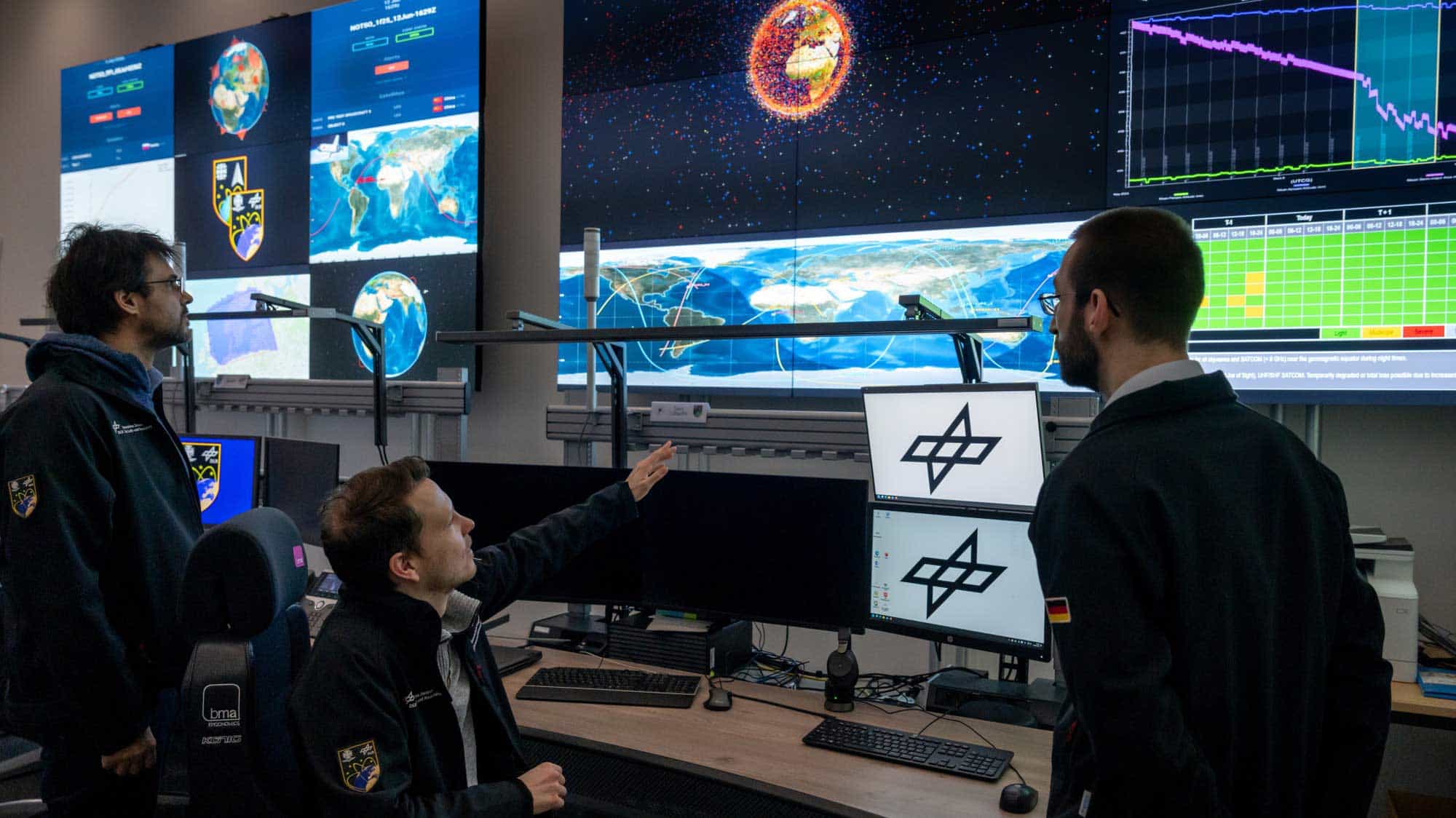 Sicherheit im Orbit: DLR & Bundeswehr nutzen Weltraumlagezentrum Uedem
Sicherheit im Orbit: DLR & Bundeswehr nutzen Weltraumlagezentrum Uedem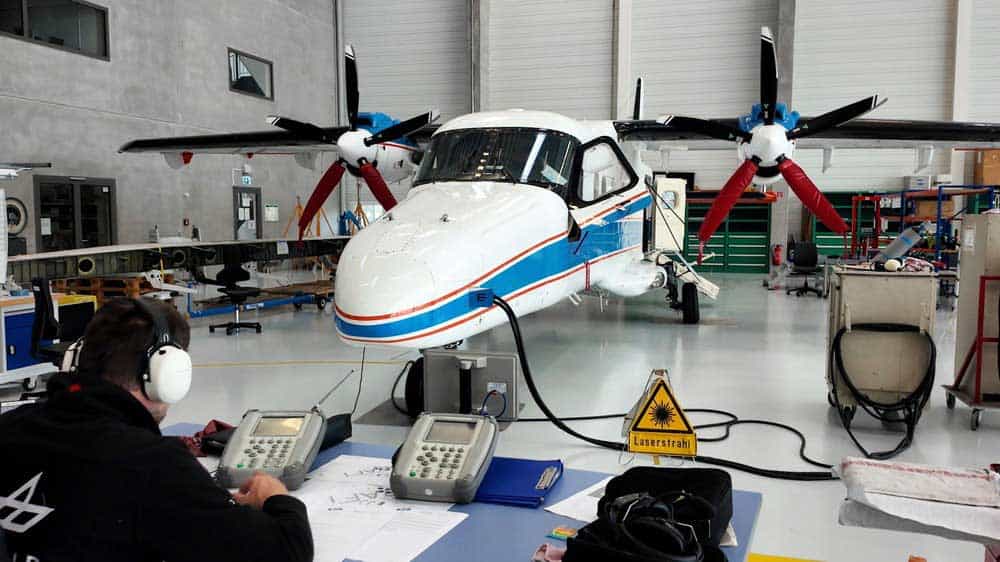 Quantenkommunikation: Von Flugzeugen zu Bodenstationen und zum Quanteninternet
Quantenkommunikation: Von Flugzeugen zu Bodenstationen und zum Quanteninternet NRW, ESA und DLR erweitern SpaceHub Cologne
NRW, ESA und DLR erweitern SpaceHub Cologne